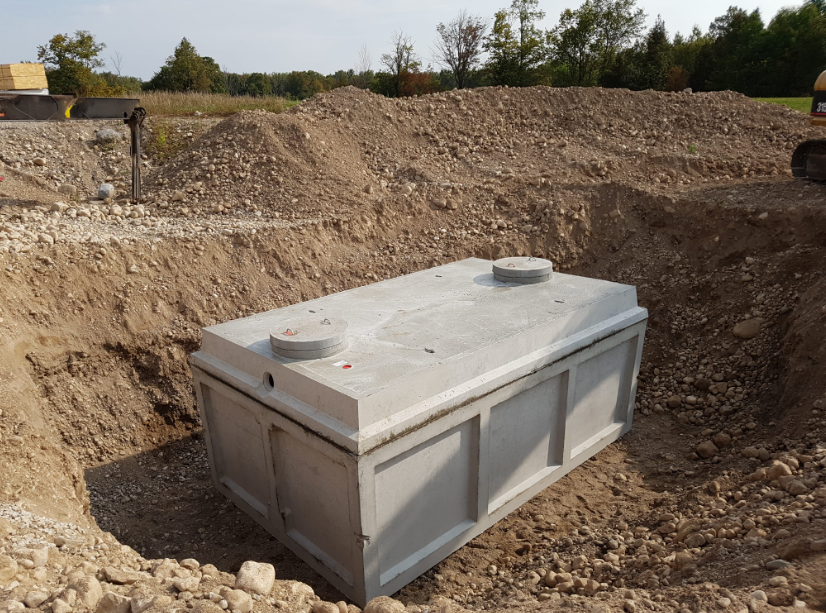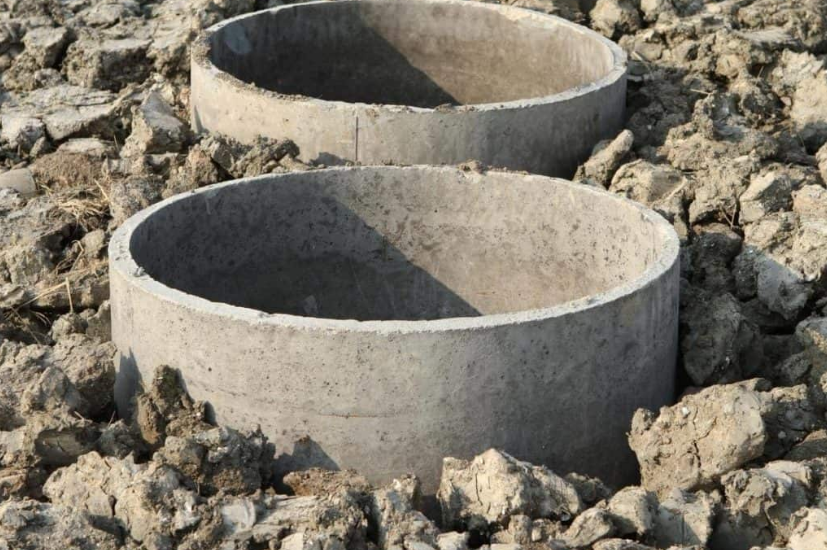Concrete septic tanks are known as concrete septic tanks. A septic tank is a big tank with a single hole into which waste from a building can flow.
On the other side of the septic tank, there are many outlets for liquid outflow. The waste, on the other hand, sinks to the bottom of the tank.
The liquid is disseminated after leaving the tank via punctured pipes.
Compliance With All Building Regulations
In the United States, a concrete water tank is permissible for use in any building that is designed to work with the community’s septic system. In some regions, the use of other tank materials is really illegal.
Because concrete tanks are compliant with all construction rules, regardless of region, the permit application for placing a new or replacement tank is typically less complicated. This is true whether the tank is new or being replaced.
Inherent Water Tightness
While plastic and fiberglass need to go through distinct processes in order to be able to hold water, concrete naturally resists the infiltration of water.
The inherent water tightness of concrete lowers the likelihood of leaks occurring during the course of the tank’s lifetime.

Long life expectancy
Septic tanks made of concrete have a high likelihood of enduring for a considerable amount of time. Plastic tanks can last long enough to be considered a short-term investment, but it’s likely that they won’t be long before they need to be replaced.
Higher Effluent Capacity
The wastewater and sludge that are held in a septic tank and referred to as effluent is designed to break down over the course of time. In the event that the tank fills up at an abnormally rapid rate, the tank will need to be pumped.
Homeowners that have concrete septic tanks are less likely to have their tanks pumped out since concrete septic tanks are more common.
No Risk Of Tank Collapse During Pumping
There is no danger of the tank collapsing while it is being pumped. Out of all the types of septic tanks, plastic tanks are the most likely to need to be pumped.
However, plastic septic tanks are susceptible to collapsing while the contents are being pumped out. As a result of the collapse, the tank might need to be completely replaced.
Even if they have to be pumped more than once, concrete water tanks will not cave in on themselves.
Wrapping Up
When it’s time to replace your septic tank, go for concrete septic tanks to gain the following benefits. If you’re still undecided, talk to a qualified septic system specialist about your alternatives so you can make the best selection for your home.

